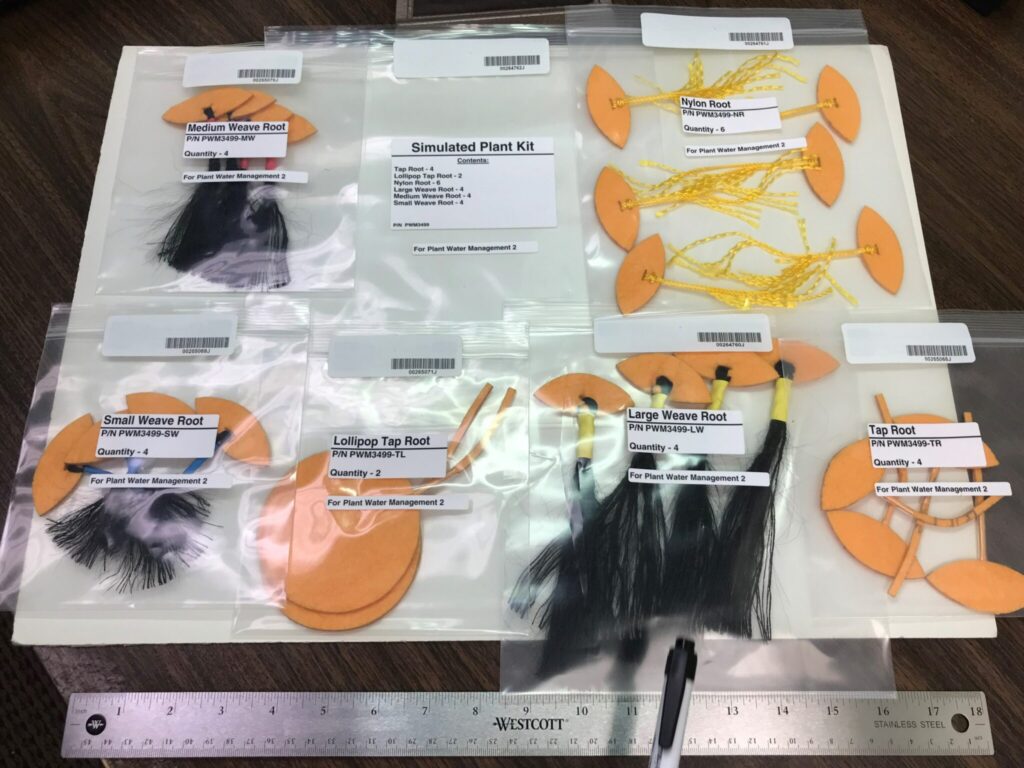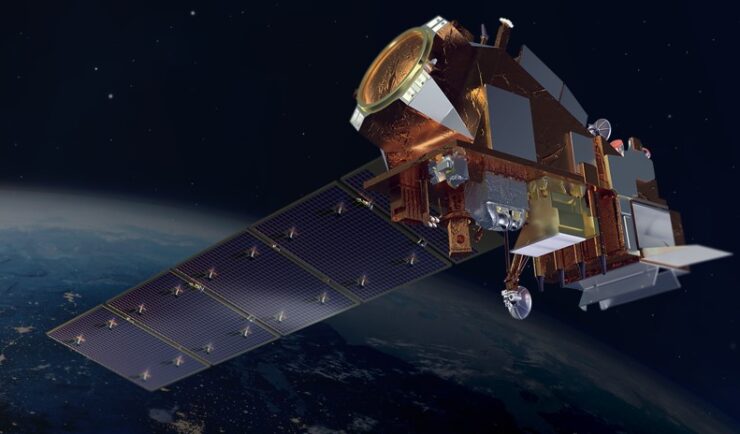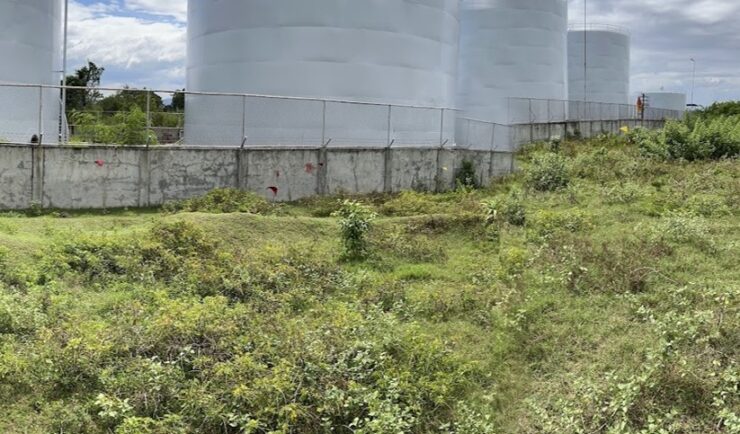- Success Stories
- Space Science Application Support & Operations
Astronauts Conduct Latest Plant Water Management on the International Space Station

NASA recently performed the sixth iteration of the CSS-supported Plant Water Management experiment on the International Space Station (ISS). Plant Water Management is a series of technology demonstrations focused on developing a capability for crop irrigation and nutrient delivery in various microgravity environments. NASA’s ISS Research Program selected CSS through its Research, Engineering, Mission, Integration Services (REMIS) contract to serve as the prime contractor for performing all mission integration and operations for the plant water management system. CSS’ role as the integrator and project manager for this effort includes designing, testing and manifesting the hardware, processing all safety related items, coordinating procedures, turning over the hardware to NASA for delivery to the International Space Station, and supporting real-time experiment operations on ISS.
The experiment payload, which includes a hydroponic system powered by a pump, a variety of induced perturbations, and synthetic plants that mimic various plant root systems, has been delivered to the International Space Station where the crew of Boeing astronauts currently resides. The crew volunteered to support this science experiment testing the hydroponic process of growing plants in their intended microgravity environment.

Although the astronauts volunteering to run the experiment admit they were first skeptical about running a hydroponic system with artificial plants, they then realized the value in testing the system. After running the operation for three days, they expressed amazement in the complex science needed to pump water through the system.
See More CSS Insights

Responding to HazMat Spills
CSS supports several Centers for Disease Control and Prevention (CDC) campuses throughout the U.S. On-site CSS personnel are trained in hazardous material spill response and clean-up and provide this support within buildings and throughout campuses. As part of our contract with the CDC Hazardous Waste Program, CSS hazmat-trained employee owners are responsible for safely collecting,…

Engaging in New and Emergent Satellite Technologies
CSS employee owners (formerly Riverside employees) support the National Oceanic and Atmospheric Administration’s (NOAA) National Environmental Satellite, Data, and Information Service’s (NESDIS) Center for Satellite Applications and Research (STAR). STAR is the science arm of NESDIS, which acquires and manages the nation’s environmental satellites for NOAA. Satellite observations are critical to informing situational awareness and…

Diesel Leak Remediation
Our employee owners have been supporting a remediation project in the Philippines. Diesel fuel leaked from a storage tank and seeped into the groundwater and soil. Emergency measures were taken but clean-up was delayed due to COVID restrictions. After some of the more strict COVID restrictions were lifted, CSS scientists joined the environmental due diligence…
